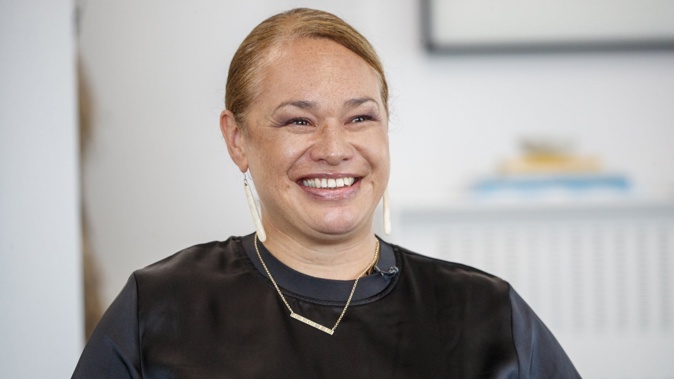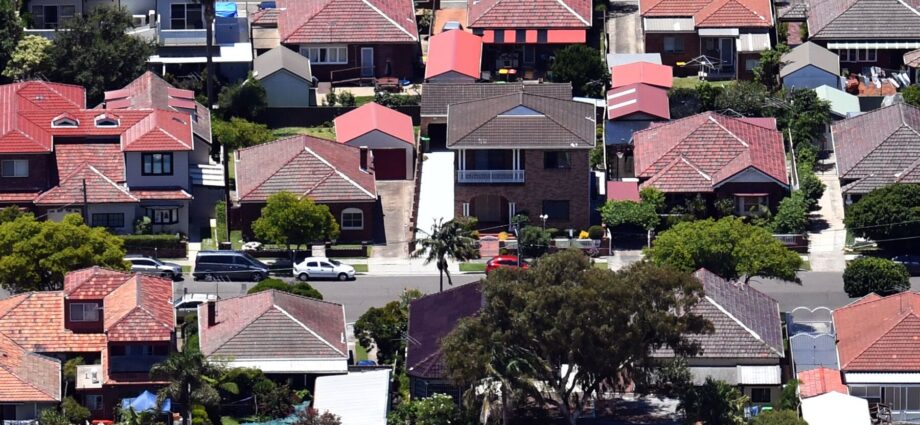PHOTO: Vacant property data has shown ghost towns are emerging at both ends of the housing market spectrum
Census data has revealed a million houses are sitting empty in towns where, just metres away, working families are being forced to live in tents.
Key points:
- Census data reveals hotspots for unoccupied housing are coastal tourist towns and seasonal farming areas
- The data highlights the disconnect between housing stock and unprecedented rates of homelessness
- Local governments say they have exhausted all options to address the housing crisis
Analysis of 2021 vacant property data has shown ghost towns are emerging at both ends of the housing market spectrum — in wealthy coastal areas and declining inland farming towns — at a time of unprecedented demand for rentals and soaring homelessness rates.
Libby Stapleton, mayor of Victoria’s Surf Coast Shire where the majority of houses in towns like Lorne and Apollo Bay are vacant investment properties, said it had become a “massive issue”.
“It’s frustrating because our communities will not thrive unless they can sustain a permanent population, accommodate key workers, and also retain some fabric of community life.”
Local governments are taking novel approaches to try to squeeze properties onto the rental market, including writing to non-resident ratepayers pleading with them to rent out their holiday homes and slugging absent owners with financial penalties.
But like many community leaders, Ms Stapleton said the onus was on state and federal governments to find both short and long-term solutions to normalise the housing market.
“Councils are doing what they can, but to be honest we will only ever be able to tweak around the edges,” she said.
“There’s no doubt that the need for change is urgent and it’s immediate. I think it’s really crucial that people understand the enormity of the impacts that are being felt.
“I think as long as we’ve got policies and a taxation system that treats housing as an investment as opposed to a basic need, it will continue to be an issue.”
Where are the ghost towns?
A breakdown of the census data on unoccupied homes showed a patchwork of under-utilised housing stock in both coastal and inland areas.
Some hotspots were trendy, wealthy, seaside towns where out-of-town owners chose to keep them empty or rent them out for brief periods via short-stay accommodation apps.
At the other end of the spectrum was empty housing stock in seasonal or shrinking farming communities.
“There are two key stories that are standing out in the data,” said demography academic Professor Amanda Davies.
“There is second-home ownership, with our baby boomer population having second homes and holiday homes, and these are mainly vacant because census night is in August in winter.
“And then you have the remote or regional areas where there is seasonal labour, [where houses] are empty when there’s no harvesting.
Some of the most extreme examples of unused homes were recorded on Victoria’s Mornington Peninsula and Phillip Island, where in suburbs like Portsea three-quarters of properties were empty.
Unusually high vacancy rates were also recorded along Great Ocean Road townships, on the Queensland coast, and in the surfing towns of southern Western Australia.
The figures are not considered precise due to the myriad reasons people are absent on census night, but the findings correlate with anecdotal evidence and other data relating to investment properties.
Holiday home owners answer plea
The data comes as regional residents take increasingly desperate measures to find shelter amid the unprecedented mismatch between the supply of and demand for housing.
Some towns are reporting a surge in people buying tents to live in, while community services in areas like the WA Wheatbelt are having to return people to the streets with swags and tents.
And there are discussions around repurposing unused government properties for crisis accommodation in places like Newcastle and Eden along the NSW coast.
Several shires have resorted to asking holiday home owners to rent their second properties out to homeless locals, despite that option being less lucrative than renting them on short-stay accommodation apps like Airbnb.
READ MORE VIA ABC
MOST POPULAR
 New kiwi Property TV Show: RICH LISTERS
New kiwi Property TV Show: RICH LISTERS Real estate agent’s message to home buyers
Real estate agent’s message to home buyers How KFC car park deal brought down rising real estate star | AUSTRALIA
How KFC car park deal brought down rising real estate star | AUSTRALIA ‘World’s hottest grandma’ NZ’s Gina Stewart forced out of home by paparazzi | WATCH
‘World’s hottest grandma’ NZ’s Gina Stewart forced out of home by paparazzi | WATCH Possibly the perfect the Kiwi bach: The bach that JK built | WATCH
Possibly the perfect the Kiwi bach: The bach that JK built | WATCH 10 ways real estate agents can stay focused in a changing market
10 ways real estate agents can stay focused in a changing market Abandoned land for sale
Abandoned land for sale Mortgage holders to be SLAMMED more: Another big OCR expected
Mortgage holders to be SLAMMED more: Another big OCR expected NBR rich list 2022
NBR rich list 2022 REAL ESTATE MARKET CHANGES: New Zealand lost 11,000 people in a year
REAL ESTATE MARKET CHANGES: New Zealand lost 11,000 people in a year











